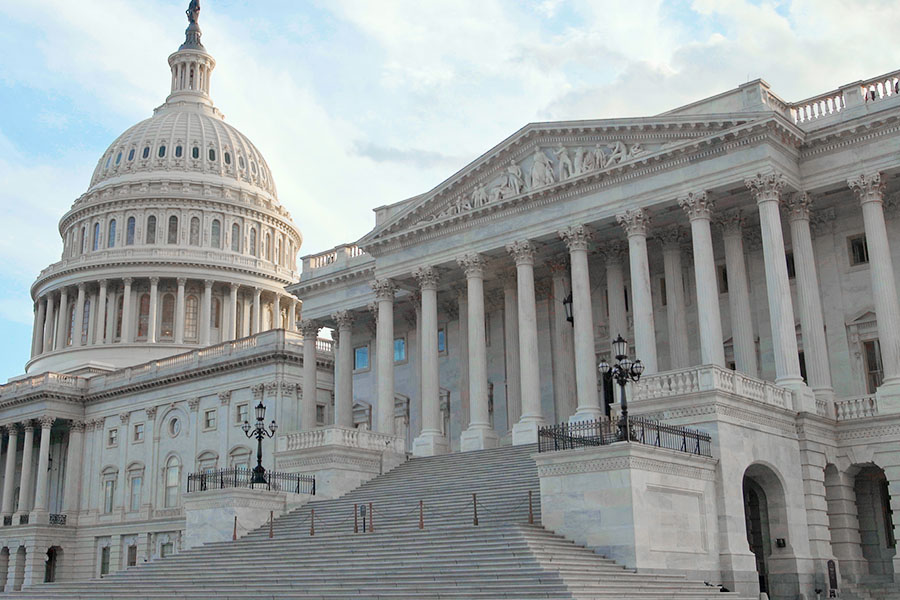Rule Changes Effective Dec. 1, 2025
Last updated July 18, 2025
Rule Changes Effective Dec. 1, 2025
The following amendments to the Federal Rules will be effective December 1, 2025:
Changes to the Civil Rules
*NEW* FRCP 16.1 — Multidistrict Litigation
Rule 16.1 is designed to guide parties and transferee judges through the early management of multidistrict litigation (MDL) proceedings. The new rule encourages transferee courts to schedule an initial MDL management conference soon after transfer to allow for early attention to matters identified by subsection (b) of the rule, such as the parties’ initial views on the leadership selection process, discovery plan, pretrial motions, etc.
FRCP 26(f) & 16(b) — Privilege Logs
These amendments require parties to identify a method for complying with Rule 26(b)(5)(A)’s requirement that producing parties describe materials withheld on grounds of privilege or as trial-preparation materials.
Changes to the Appellate Rules
FRAP 6 — Appeal in a Bankruptcy Case or Proceeding
The amended rule clarifies procedures for bankruptcy appeals in two key areas. First, they confirm that when a district court exercises original jurisdiction over a bankruptcy matter, the shorter Bankruptcy Rule deadlines—not the longer Civil Rule timelines—govern whether post-judgment motions reset the time to appeal. Second, they overhaul Rule 6(c) to streamline and clarify procedures for direct appeals to the court of appeals, making the rule largely self-contained and reducing confusion caused by prior cross-references to Rule 5.
FRAP 39 — Costs
The amended rule clarifies the distinction between costs “allocated” between the parties by a court of appeals and costs “taxed” by an appellate or district court (or clerk) calculating and taxing the dollar amount of costs upon the proper party or parties. It also codifies the Supreme Court’s holding in Hotels.com, instructing that the allocation of costs by the court of appeals applies both the costs taxable in the court of appeals and the costs taxable in the district court.
Email Sue Steinman (susan.steinman@justice.org) or Kaiya Lyons (kaiya.lyons@justice.org) for more information.




